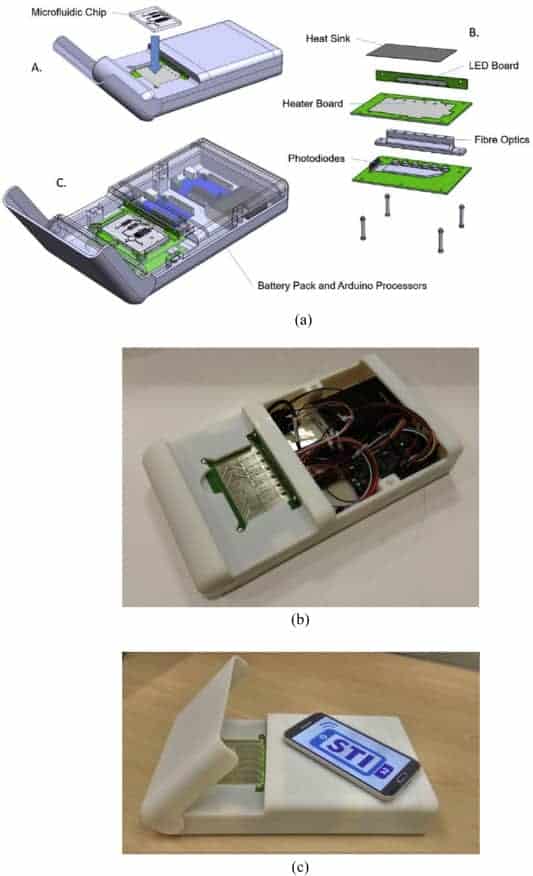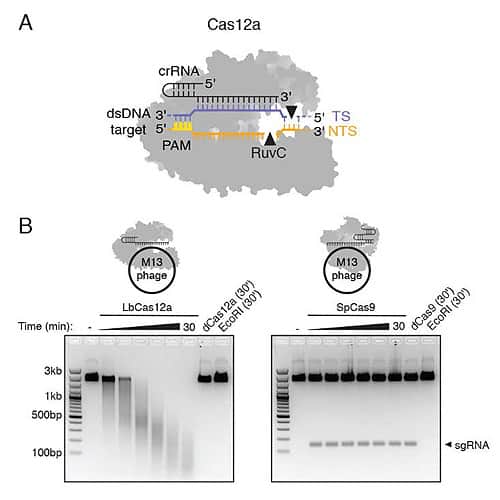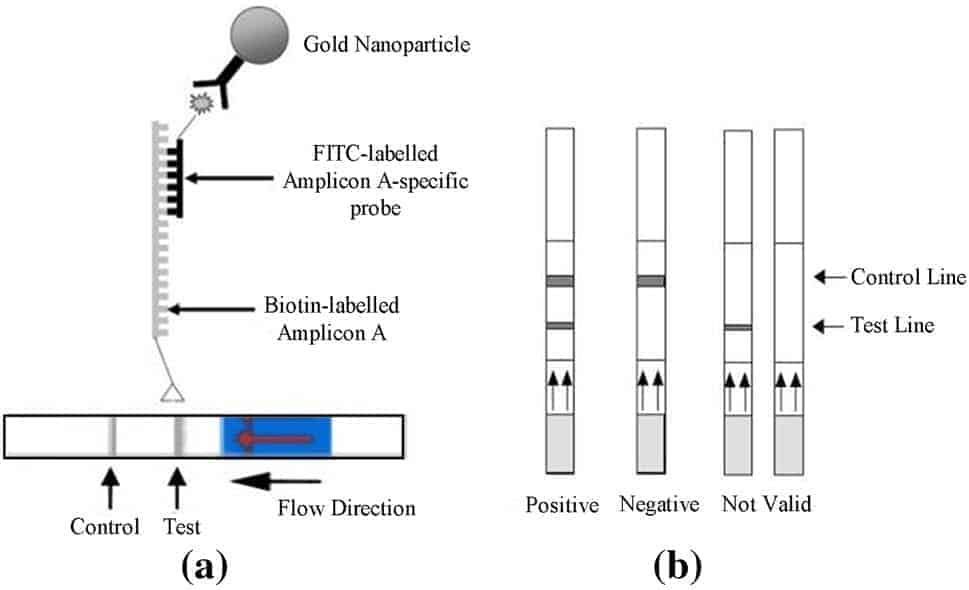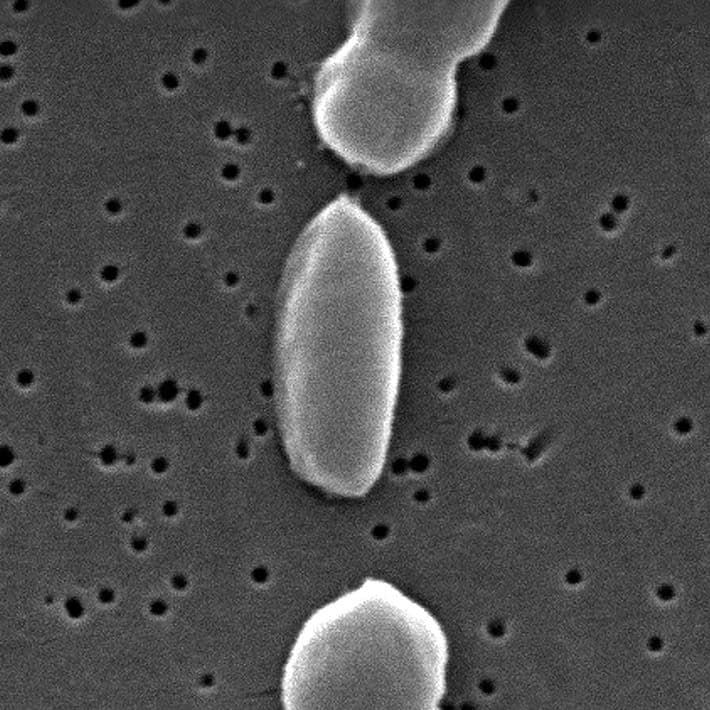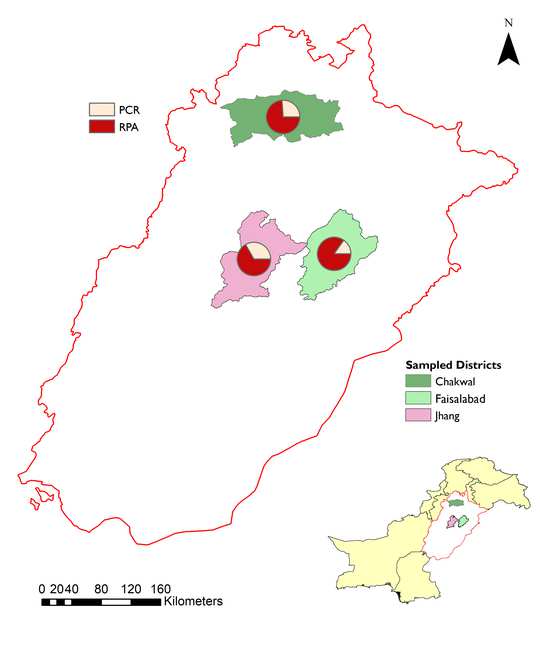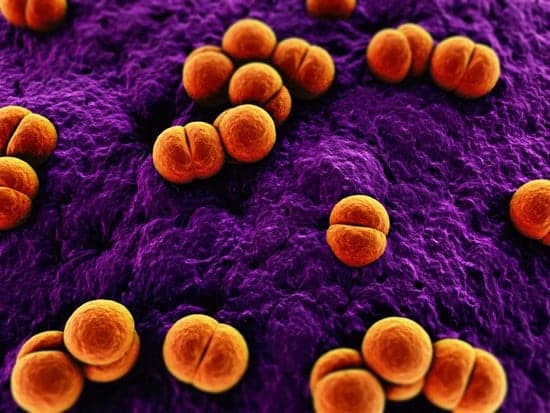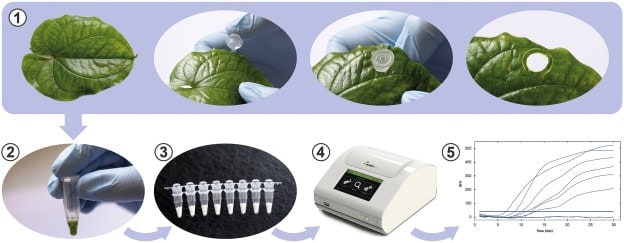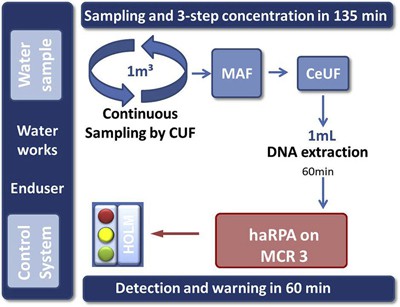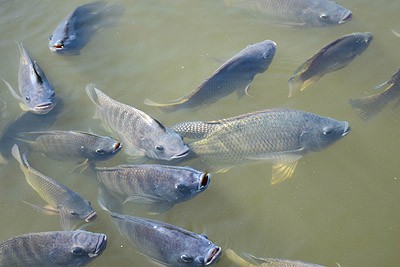RPA using a multiplexed cartridge for low cost point of care diagnostics in the field
This paper shows the results from two separate experiments: the first using the RPA control nucleic acid, the second showing successful amplification from Chlamydia Trachomatis.
RPA using a multiplexed cartridge for low cost point of care diagnostics in the field Read More
